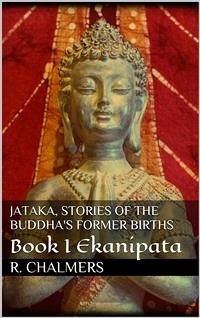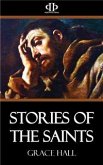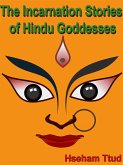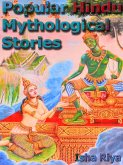IT was an almost isolated incident in Greek literary history, when Pythagoras claimed to remember his previous lives. Heracleides Ponticus relates that he professed to have been once born as Aethalides, the son of Hermes, and to have then obtained as a boon from his father zunta kai teleytunta mnemen exein tun symbainontun. Consequently he remembered the Trojan war, where, as Euphorbus, he was wounded by Menelaus, and, as Pythagoras, he could still recognise the shield which Menelaus had hung up in the temple of Apollo at Branchidae; and similarly he remembered his subsequent birth as Hermotimus, and then as Pyrrhus, a fisherman of Delos. But in India this recollection of previous lives is a common feature in the histories of the saints and heroes of sacred tradition; and it is especially mentioned by Manu as the effect of a self-denying and pious life. The doctrine of Metempsychosis, since the later Vedic period, has played such an important part in the history Of the national character and religious ideas that we need not be surprised to find that Buddhist literature from the earliest times (although giving a theory of its own to explain the transmigration) has always included the ages of the past as an authentic background to the founder's historical life as Gautama.
Bitte wählen Sie Ihr Anliegen aus.
Rechnungen
Retourenschein anfordern
Bestellstatus
Storno









